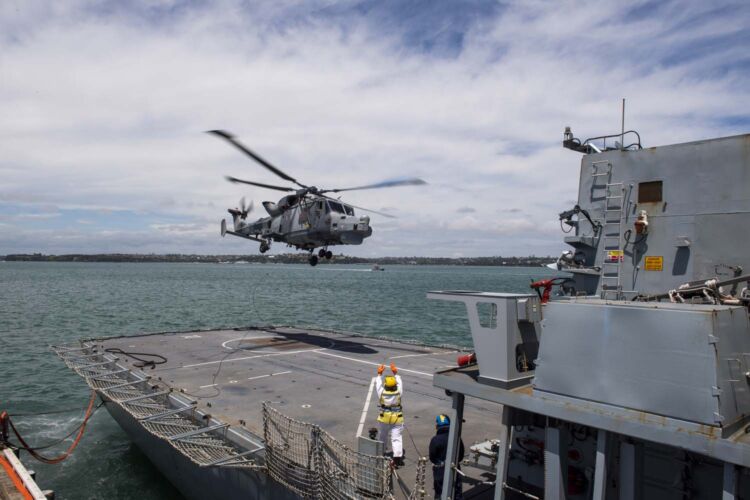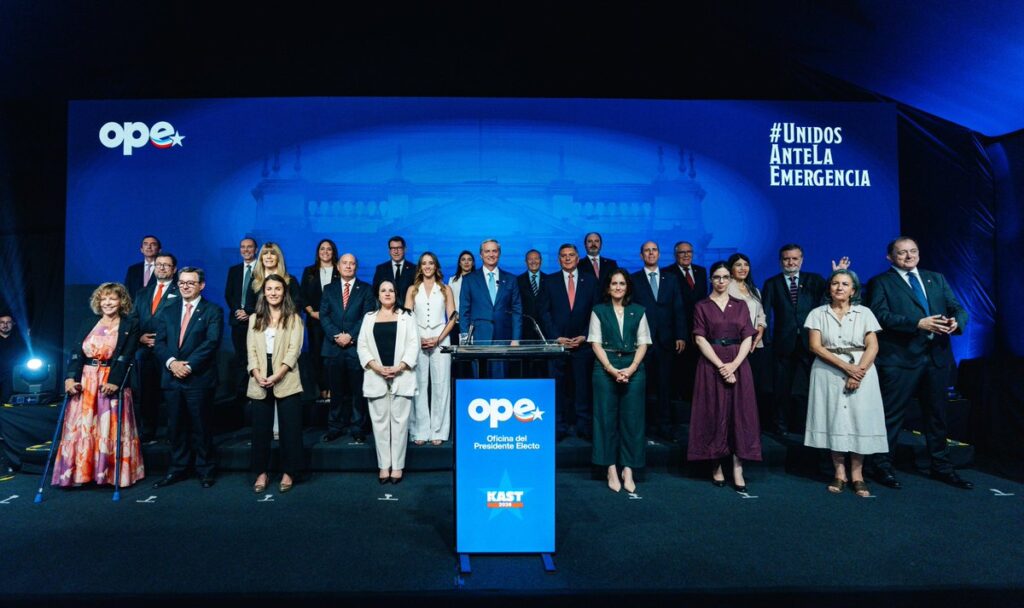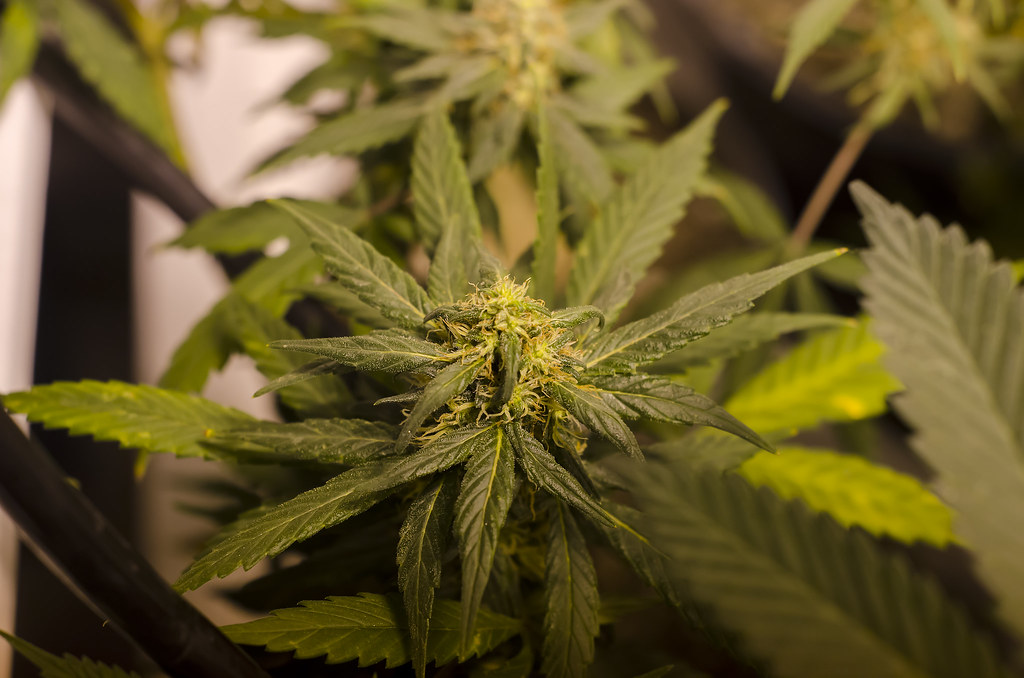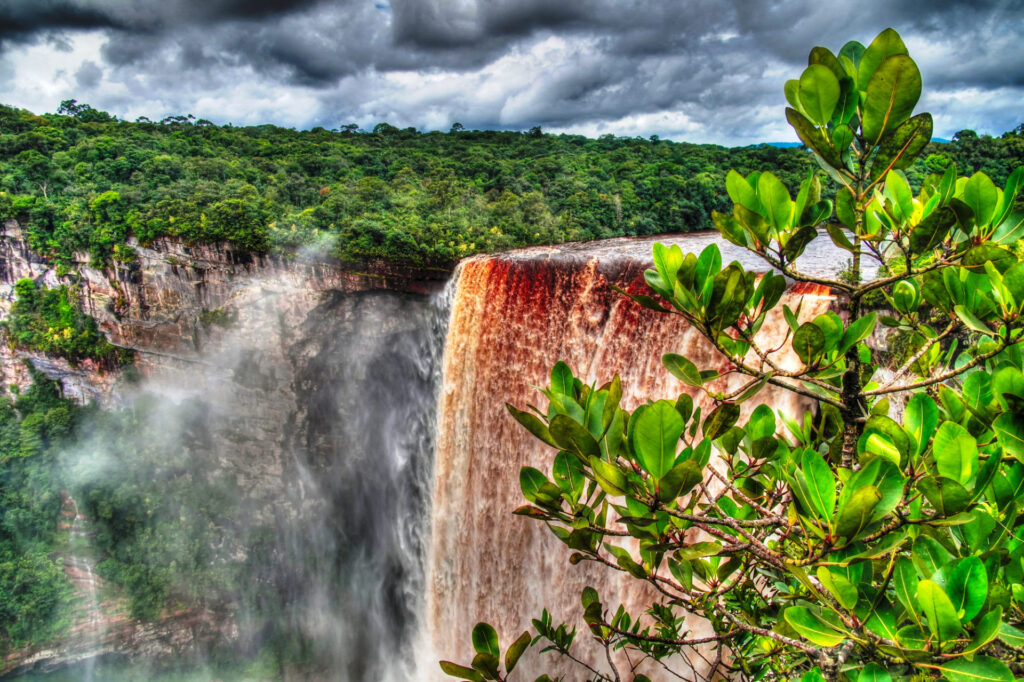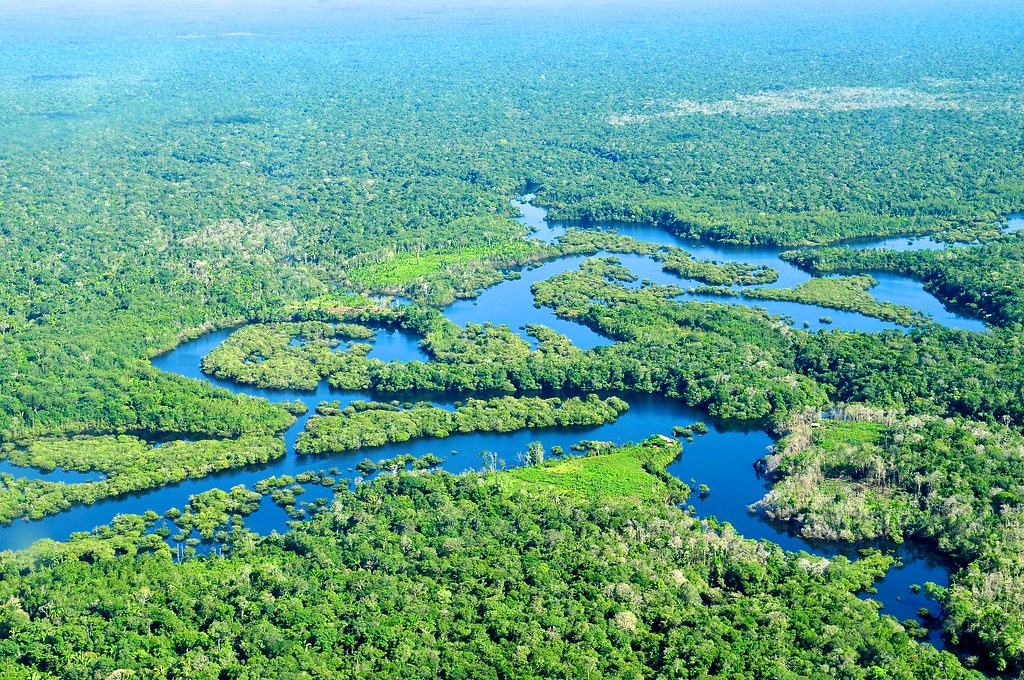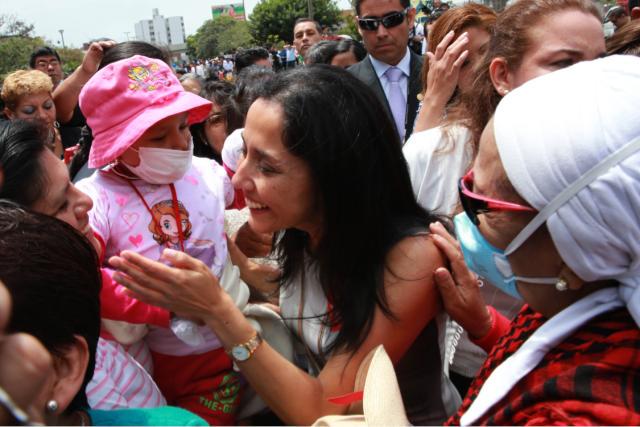Buenos Aires, Argentina – Tensions between the U.S. and Venezuela have soared in recent weeks, with Washington deploying what is reportedly its largest military force in the region since the 1989 invasion of Panama. In response, Venezuelan President Nicolás Maduro has ordered the mobilization of 4.5 million members of the Bolivarian Militia.
This buildup follows the U.S. designation of the Cártel de los Soles (Cartel of the Suns)- drug trafficking cells embedded within the Venezuelan military- as a terrorist organization and a secret Trump administration order for the Pentagon to target Latin American narcotrafficking organizations.
The U.S. government claims that the Suns Cartel is led by Maduro and other high-ranking members of the Venezuelan regime, and it recently doubled the reward for the Venezuelan president’s arrest to an unprecedented $50 million USD.
The recent deployment also includes three guided-missile destroyers, an amphibious assault vessel, a guided-missile cruiser, and a nuclear submarine- a substantial force seen by experts as excessive for counter-narcotics operations.
James Stavridis, former NATO Supreme Allied Commander Europe, told The New York Times that the U.S. is bringing “serious land attack capability via Tomahawk missiles.”
The Trump administration has also not shied away from using threatening rhetoric. On Thursday, August 28, White House press secretary Karoline Leavitt said that Trump “is prepared to use every element of American power to stop drugs from flowing into the country,” and described Maduro’s regime as “not the legitimate government of Venezuela.”
Reports suggest discussions have included using naval missiles to target cartel leaders.
On Tuesday, American Secretary of State Marco Rubio announced on X that his country’s military had “conducted a lethal strike in the Southern Caribbean against a drug vessel which had departed from Venezuela and was being operated by a designated narco-terrorist organization.”
For now, however, it appears that the main purpose of this deployment is to project strength and pressure the Venezuelan government. Ryan Berg, Director of the Americas Program at the Center for Strategic and International Studies (CSIS), told Latin America Reports that, “barring a Venezuelan ship or unit ‘going rogue’ and disobeying orders, confrontation is not likely in the offing.”
Phil Gunson, Crisis Group’s Senior Analyst for the Andes region, also said that “a full-scale military confrontation can be virtually ruled out,” but that there is a possibility of one “initiated by the U.S. and [of] very limited scale, while in conversation with Latin America Reports.
Direct intervention would be counterintuitive, however, given the weekly deportation flights coordinated with the Venezuelan regime and the high domestic priority of immigration issues for Trump. Moreover, the U.S. recently reissued an oil license to Chevron, permitting the company to continue its operations in Venezuela.
Even without direct confrontation, an effective counter-narcotics campaign would likely have a sizable impact on the future of Maduro’s regime. Revenues from drug trafficking have been estimated to amount to 8.5% of Venezuela’s GDP, meaning any disruption of the narcotics trade would make a large dent in the country’s economy.
Berg predicts that “a glut will occur in the system” due to the U.S. Navy’s presence, which “could impact known supply routes and force cocaine, especially, to find another route around Venezuela.”
While not stopping drugs from reaching the U.S., it would increase pressure on Maduro and his administration.
Gunson, who is based in Caracas, says that this is already the case, referencing “heightening paranoia and mutual distrust in government circles.” Emmy- winning journalist Jaime Bayly also reports that Maduro has prepared contingency plans to flee with his family to Nicaragua.
Maduro’s isolation in Latin America is growing, however. Ecuador, Paraguay and Argentina- longtime critics- have joined the U.S. in designating the Suns Cartel as a terrorist organization.
Even left-wing governments are distancing themselves, with Colombian President Gustavo Petro criticizing the Venezuelan 2024 election that saw Maduro reelected amid clear electoral fraud, while Brazil has not clarified whether it recognizes the president as a legitimate leader.
Maduro also lost one of its strongest allies, Bolivia’s MAS party, which was defeated by a landslide in the country’s August general elections.
According to Berg, he “will certainly suffer [even] greater isolation in the next round of regional elections” which “could change the panorama for Maduro significantly.” An increase in the number of pro-U.S. and anti-Maduro governments in the region would harm Venezuela’s already struggling economy.
Gunson notes that Maduro has survived periods of regional isolation before, referencing the decline of Latin America’s “Pink Tide” in the 2010s. Yet, the internal political fallout from 2024’s election, combined with prolonged economic crisis, suggests his regime is more unpopular than ever.
With these pre-existing domestic and international pressures, combined with the U.S. and its regional allies’ pressure, Maduro’s regime may be facing challenges it cannot overcome.
Featured image: Mobilization of U.S. Troops in the Caribbean
Author: Petty Officer Chris Weissenborn via World Beyond
License: Creative Commons Licenses


